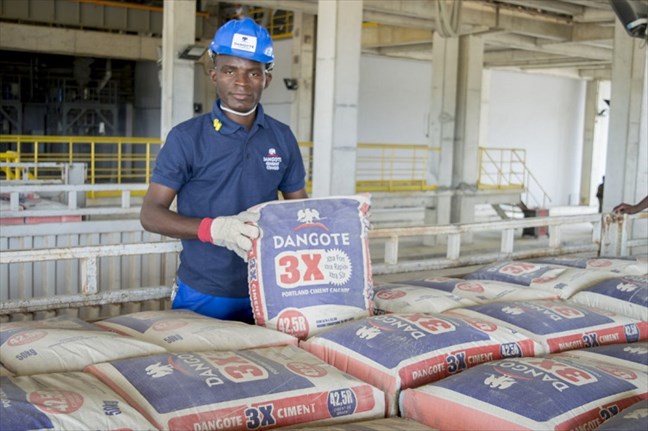According to the Organization of Petroleum Exporting Countries’ most recent monthly oil market report, Nigeria had Africa’s highest crude oil production rate last month (OPEC).
As shown in the report, which was released on January 17th, Nigeria produced 1,235 million barrels per day in January, up from 1,186 million barrels per day in November 2022.
In accordance with the data, Algeria came in third with 1,099 million barrels per day, followed by Angola in second place with 1,088 million barrels per day.
Secondary sources indicate that OPEC-13’s overall crude oil output averaged 28.97 mb/d in December 2022, an increase of 91 tb/d month-over-month.
According to a portion of the report, production of crude oil decreased in Kuwait, Congo, and Algeria while rising mostly in Nigeria, Angola, Libya, and Venezuela.
The year 2022 was a difficult one for Nigeria’s oil and gas industry.
The output of crude oil production was hampered by an increase in crude oil theft from the second quarter to the fourth quarter of the year.
At the time, it was stated that the Nigerian National Petroleum Company said that the nation lost up to 700,000 barrels of oil per day on average to crude oil thieves.
Nigerians also suffered multifaceted levels of fuel scarcity, and the withdrawal of fuel subsidies has long been a contentious issue, with many Nigerians being adamant about it.
According to some stakeholders, the government must renovate all refineries to maintain 100% operational capacity and deploy improved security measures to monitor the nation’s crude oil production processes before removing fuel subsidies.
And for the record, the 2023 budget has been tethered by the Buhari administration to a benchmark crude oil production rate of 1.69 mb/d.
However, KPMG specialists recently stated that in order to fulfill this benchmark, all parties involved must successfully activate more hydrocarbon investments in the nation, combat crude oil theft, and ensure that offenders are stopped from engaging in such activities.













